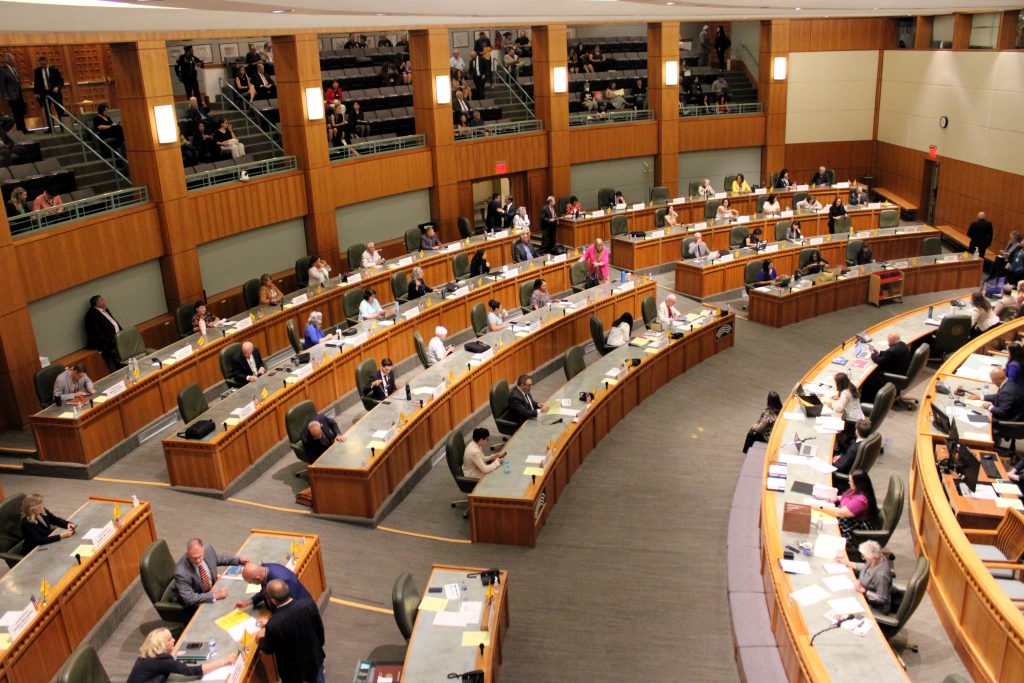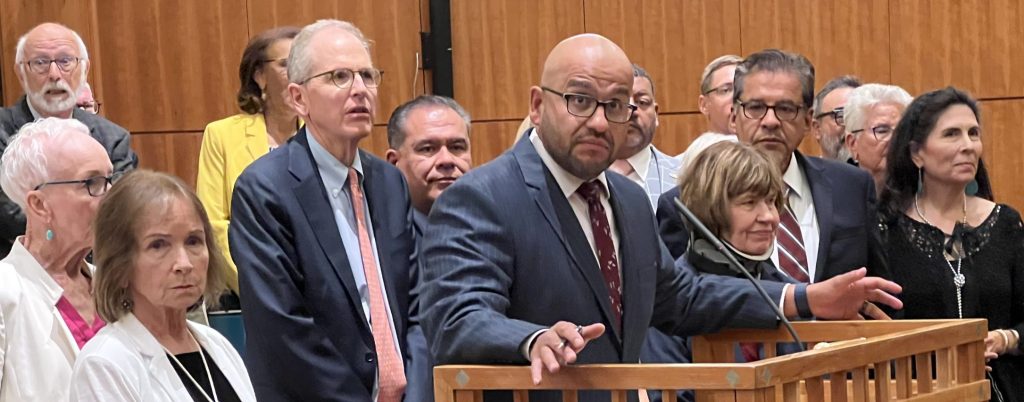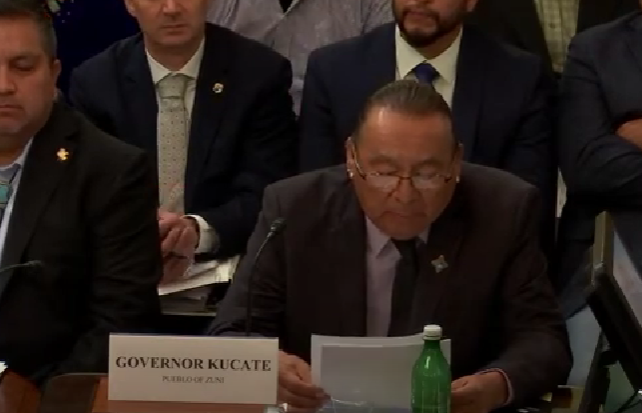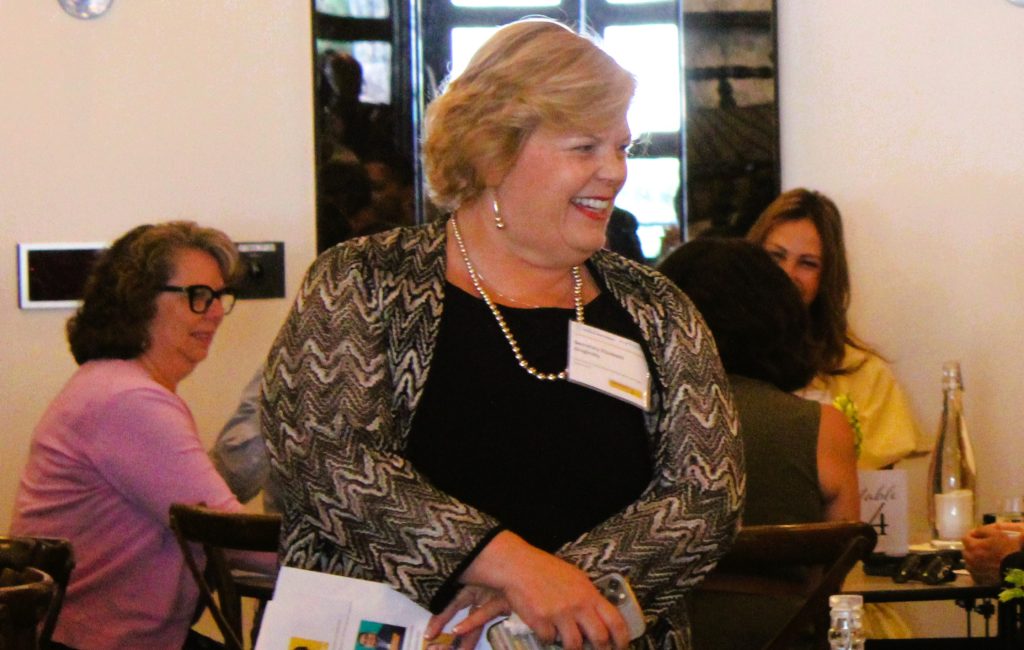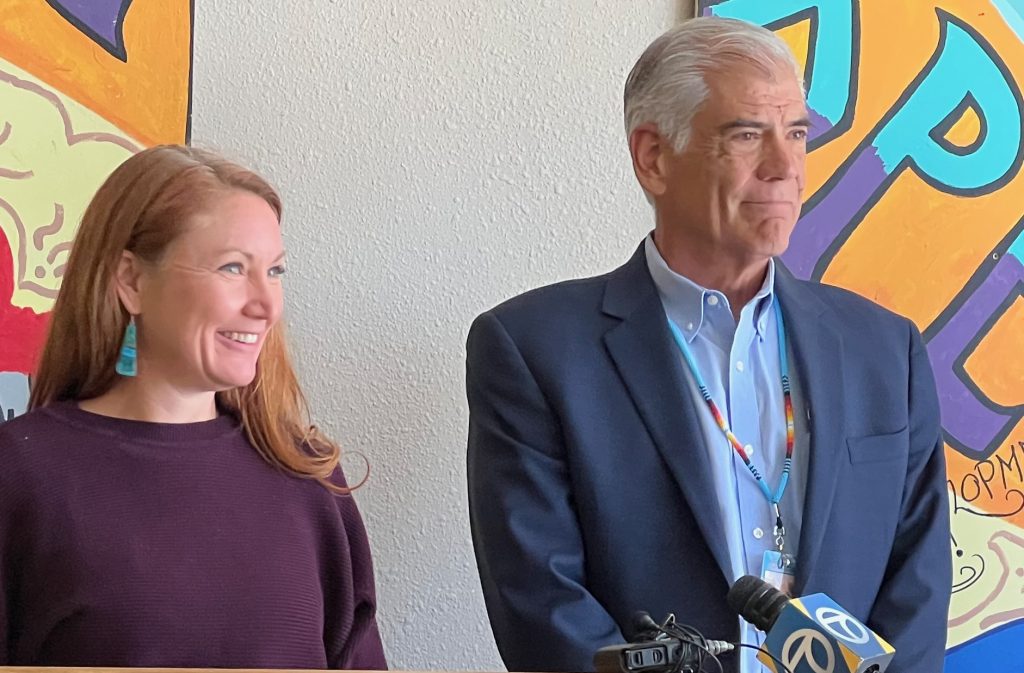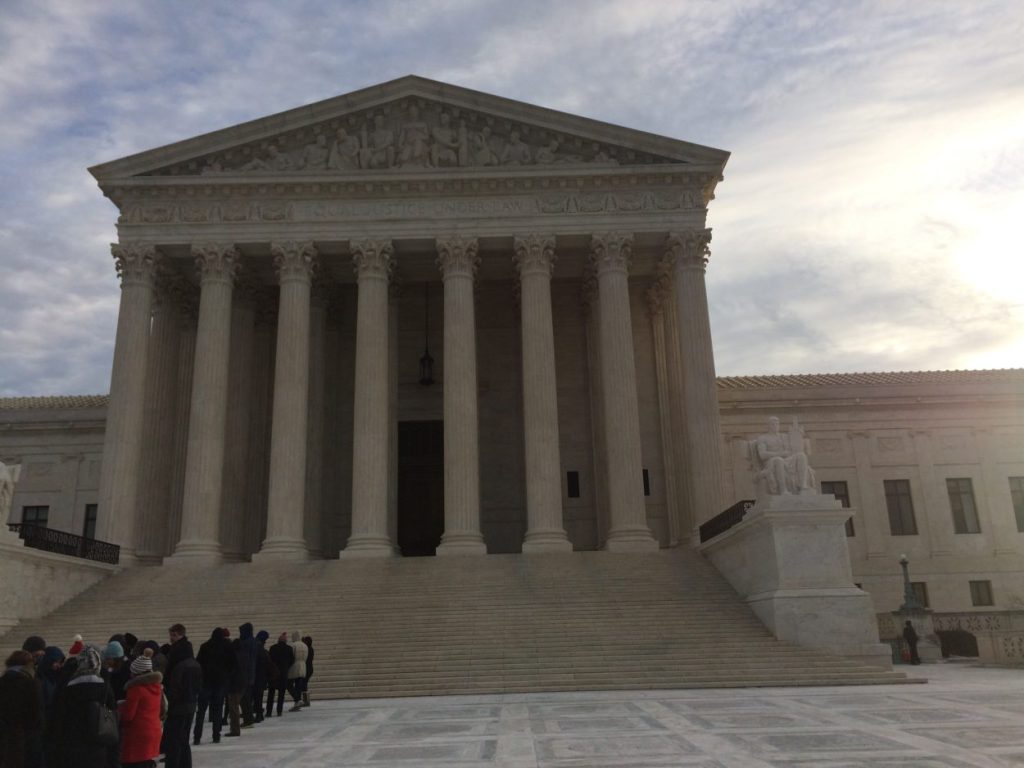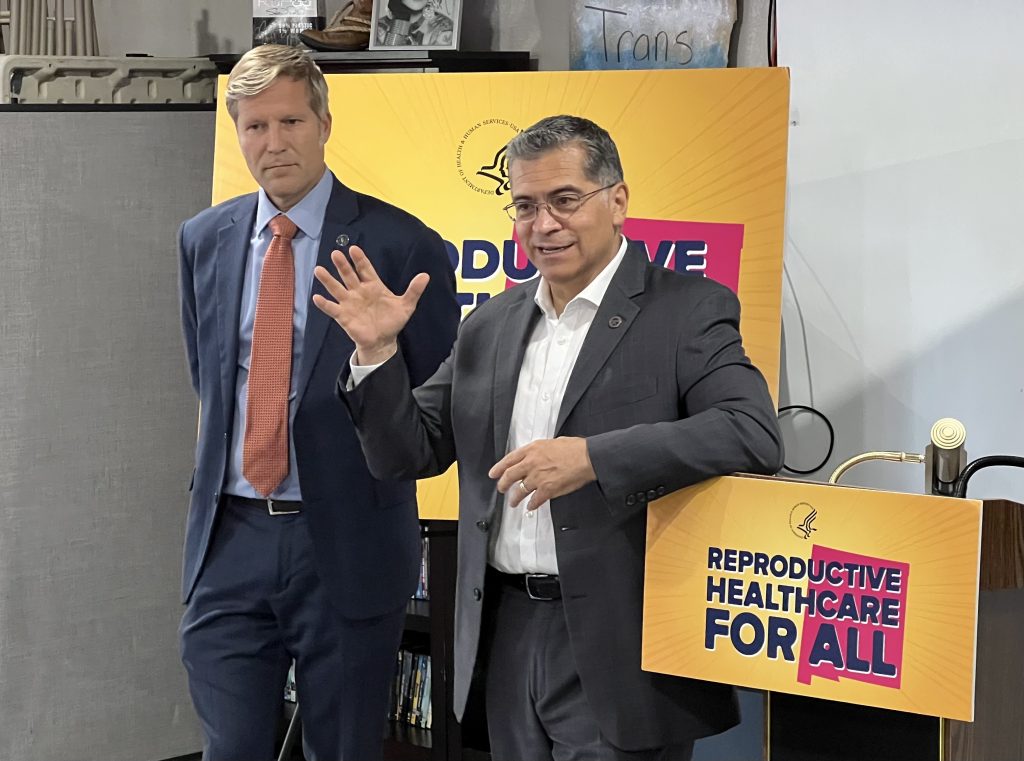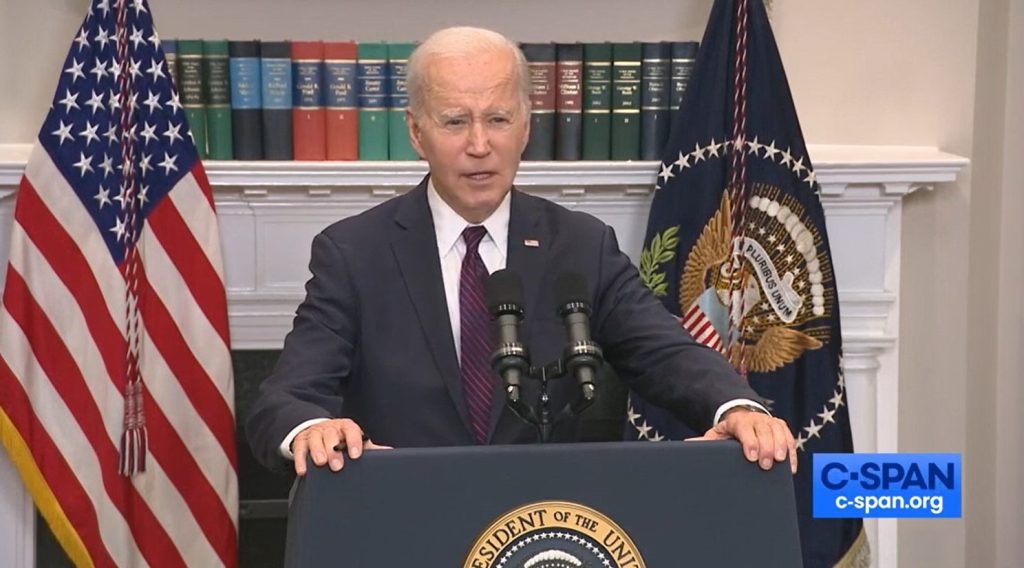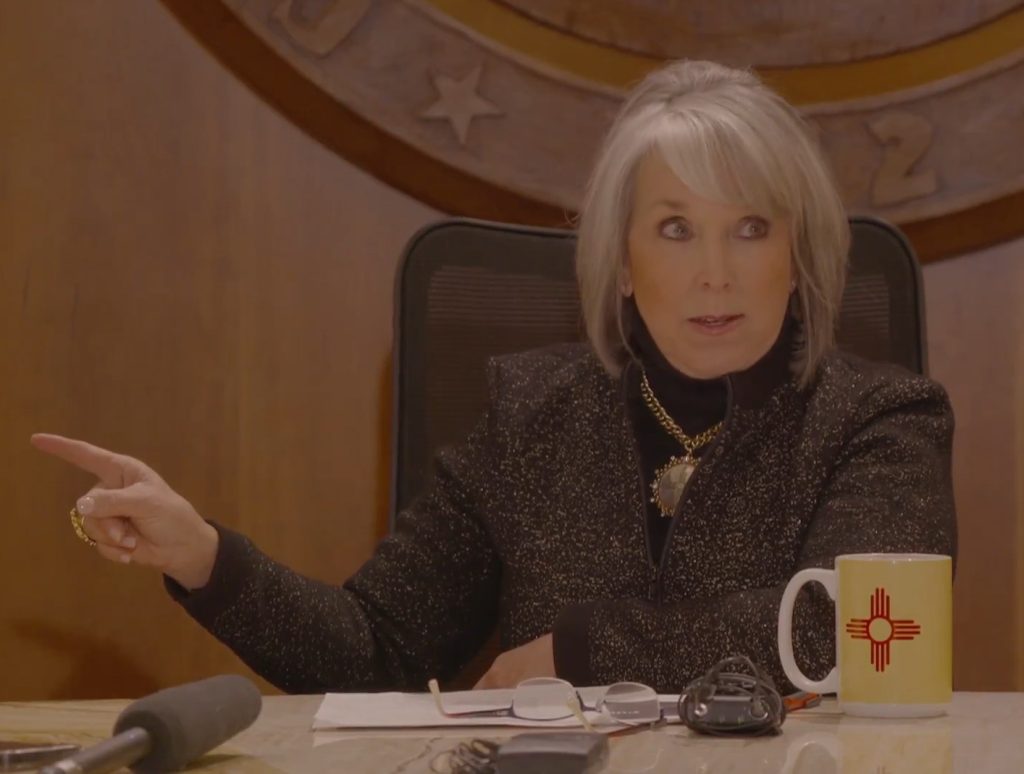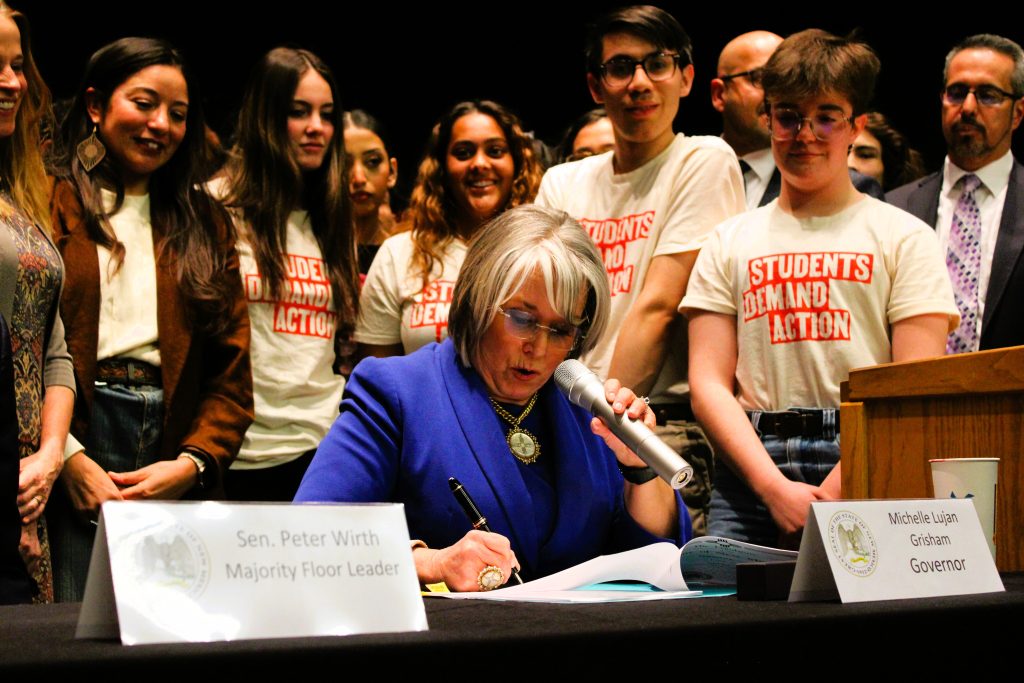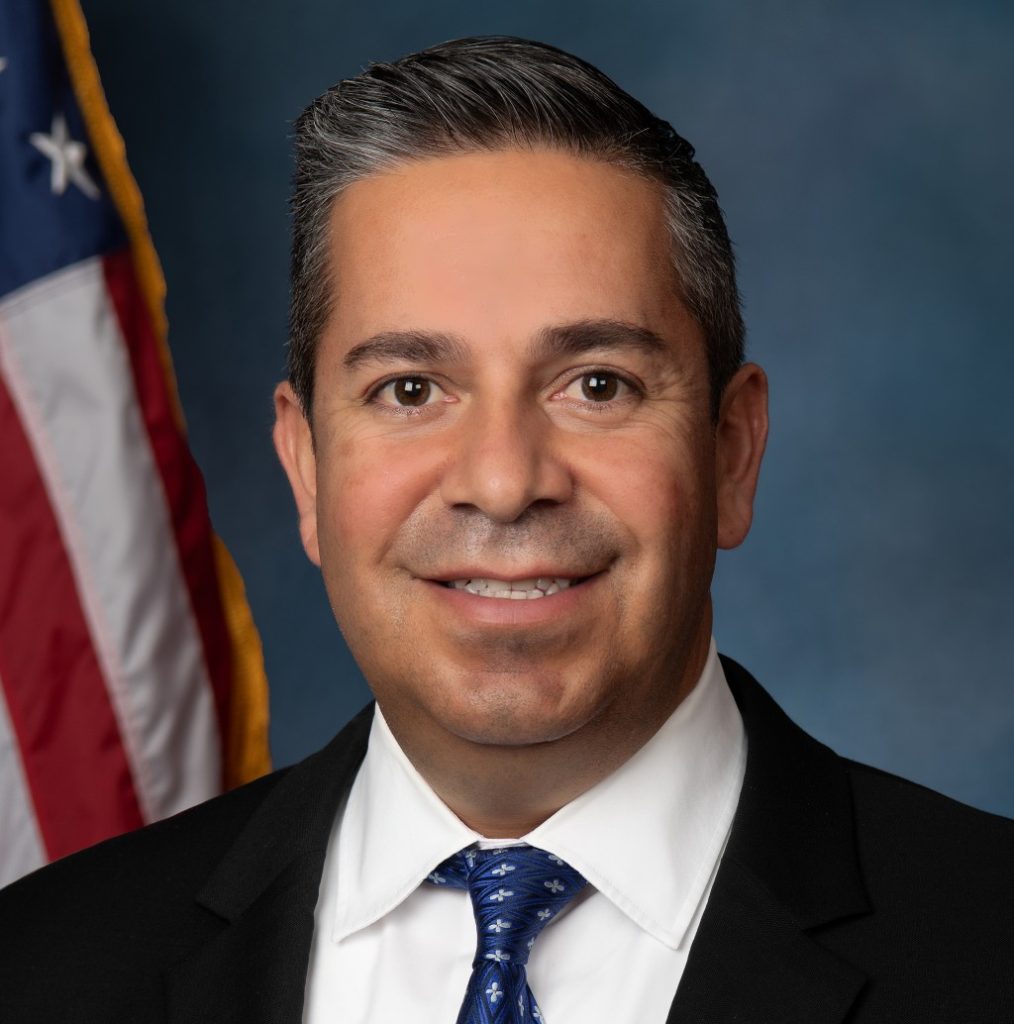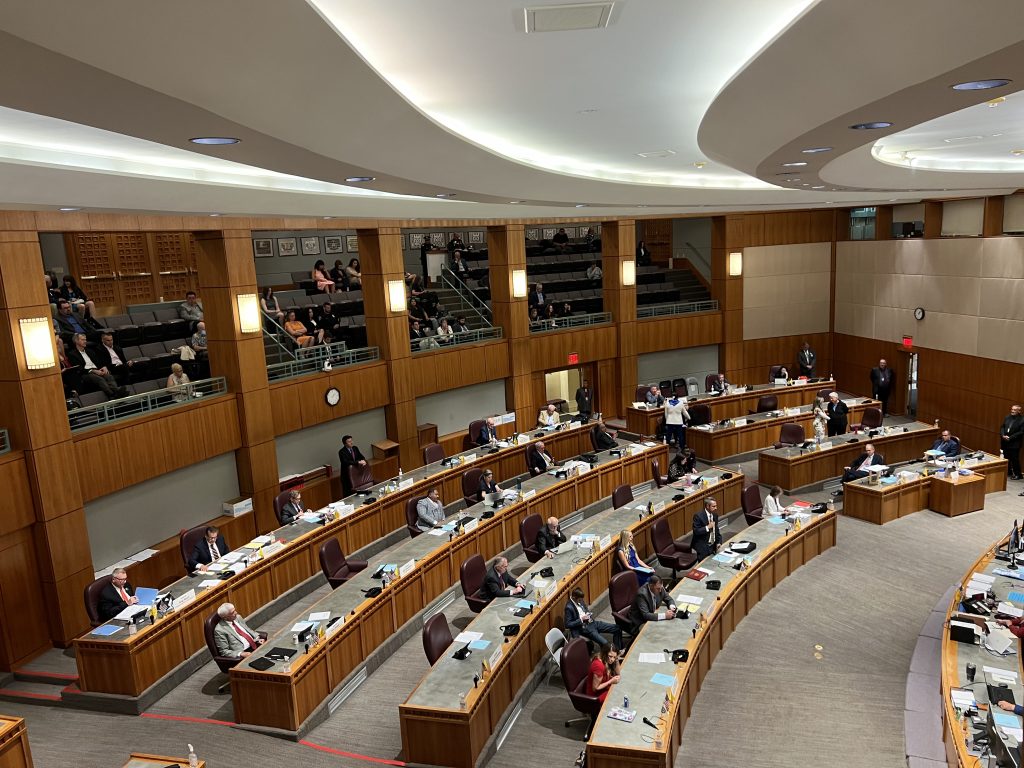A bill to protect Native American children so they can remain within their tribal communities and extended families will be pre-filed in the state Legislature in January, supporters say.
The bill, still in draft form, will codify the federal Indian Child Welfare Act (ICWA) into state law if it’s passed by the state Legislature next year. The U.S. Congress passed the Indian Child Welfare Act into law in 1978 but it is too often not enforced, according to experts working on the state law.
Because of implicit bias against Native Americans, Native children are often removed from the home when a white child in an identical situation is not, said Donalyn Sarracino, director of Tribal Affairs for the Office of the Secretary for Child, Youth and Families Department and of the Pueblo of Acoma.
She said this is a national problem and that, in some cases, the rate of removals of Native children from their families is sometimes four times higher than white children removals.
“(Native) children are removed for reasons white children might not be removed,” Sarracino said.
Jacqueline Yalch, President of New Mexico Tribal Indian Child Welfare Consortium and of the Isleta Pueblo, said that often, tribal communities are seen “as unfit to raise our children.”
The consortium formed in 2015 to address this issue.
“It’s really based on the lack of knowledge of the way of our Native communities and way of living,” Yalch said.
She said a Native American mother who is struggling with alcohol is seen as an alcoholic and as someone who can’t take care of her child.
“But Anglo mothers are seen as functional alcoholics,” Yalch said. “It is really discrimination. It’s a basic stereotype that Native Americans are alcoholic and can’t provide care where a non-Native could.”
Sarracino said the bill will bring compliance and uniformity in addressing issues and prevent unnecessary removals. Remaining with the family or the extended family and the Native culture is “a huge resiliency factor in Native communities.”
“It (the bill) will ensure there are active efforts that children are being placed within their extended families or with tribal families to keep them connected,” Sarracino said. “Strengthening the family unit is a vital part of the healing process.”
One unique feature of this bill is that Native people are participating in the crafting of it, said Kandace Littlefoot, Diné (Navajo) and a policy fellow with the nonprofit organization Bold Futures.
“Policies written by white people for white people are very harmful to Indigenous people,” Littlefoot said.
Littlefoot, a former prosecutor, emphasized that tribes are sovereign nations.
“It’s important to note we see federal policies as deeply rooted in a colonial context of what a fit family is,” Littlefoot said.
Littlefoot said the fact that Native children are disproportionately represented in the child welfare system is a reflection of the way the criminal justice system in the U.S. works.
“Overall, just as with the criminal justice system around the country, there is a disproportionate number of children of color put into custody, just as adults of color are disproportionately criminalized and imprisoned,” LIttlefoot said. “It’s nothing new. Nothing new with Indigenous children being in custody whether with CYFD or juvenile custody.”
For Indigenous people, the problem goes much deeper than a state agency problem, Littlefoot said. She put the issue into the context of Europeans colonizing the Americas and systemic racism.
“We’ve seen a lot of policy at the state or federal level where they have these concepts that threaten tribal communities directly rooted from a genocidal, assimilative, colonized framework,” Littlefoot said. “It’s super important to keep families together, they need that cultural identity.”
Yalch said agencies involved in removing Native children from the home don’t always understand the difference in cultures.
“Native people have learned to live off the land because we view Mother Nature and our traditional practices as more important than materialist items. But we’re seen as not able to provide what is necessary to have a good, loving, healthy family when instead we’re providing more. We’re teaching our children the priorities in life are not materialistic things but who you are as a person and what you’re contributing to your community and to treat people with respect,” Yalch said.
Two of the Indigenous women NM Political Report spoke with became emotional talking about how important it is for Indigenous children to remain with extended family and their tribal communities if the state removes the children from their parents.
Sarracino said Native children are “so vital to us.”
“As a Native mom, as a Native auntie and grandmother, I can’t imagine my children or grandchildren not knowing who they are or where they come from and that disconnect that we know that happens at the heart level and with our spirit,” she said.
CYFD asked the different groups to partner with the agency to draft the bill, Yalch said. Having Native Americans involved in writing a bill that will affect Native American children, Native families and Tribal cultures is “definitely important,” she said.
“This is the first time CYFD has taken this process and changed it to get tribal input and participation. We’re letting the state know what is not working and how it’s really having a major impact on our families and communities in Indian country,” Yalch said.
Sarracino acknowledged that “it’s been an issue,” that CYFD has, in the past, shown reluctance to place children with extended family or a friend of the family. She said that under Secretary Brian Blalock, there’s been a culture shift.
Charlie Moore-Pabst, deputy public information officer for CYFD, said that in the past, placing children with extended family was “not a primary focus of the previous administration.”
He said that last year, CYFD placed 23 percent of children with an immediate family member or someone known to the family. In 2020, that rate increased to nearly 40 percent, he said.
He also said that Blalock created a unit within CYFD to place more emphasis on the state’s compliance with the federal Indian Children Welfare Act and that the unit is run by Native American women.
But, Yalch said that while the state “is getting there,” and called the state’s efforts a “work in progress,” she said there is still not “substantial improvement.”
One of the issues, the experts agreed, was CYFD failing to contact the tribes efficiently. Yalch said a child who has been removed could go through the removal process for a year before CYFD reaches out to the tribe.
“In the past that has been the standard throughout the state of New Mexico and the timeline varies with each county but typically the tribes were not notified about the termination of parental rights proceedings for a year,” Yalch said.
She also said the state tends to have a “cookie cutter process” that does not consider the perspective and culture of the tribe. Removing Native children has a negative impact.
“They forget about who they are. They don’t have the ability to practice in their traditions. They can’t speak their language,” she said.
She said most of the children are taken out of state.
Littlefoot said that tribes have a sovereign right to deal with all matters related to their members.
“We have to remember tribal nations have sovereign power in matters related to their children so they have jurisdiction,” she said.
She said a state law will provide more protection because the timeline for removal codified into federal law “doesn’t work with tribes in the state.”
A state law that strengthens the federal law can “give power to tribal nations to intervene on behalf of their tribal members,” she said.
Removing Native children from their families doesn’t just affect the children and the individual families, but it also affects the future of the tribes, Yalch said.
“We would cease to exist if we lose our children,” she said.


